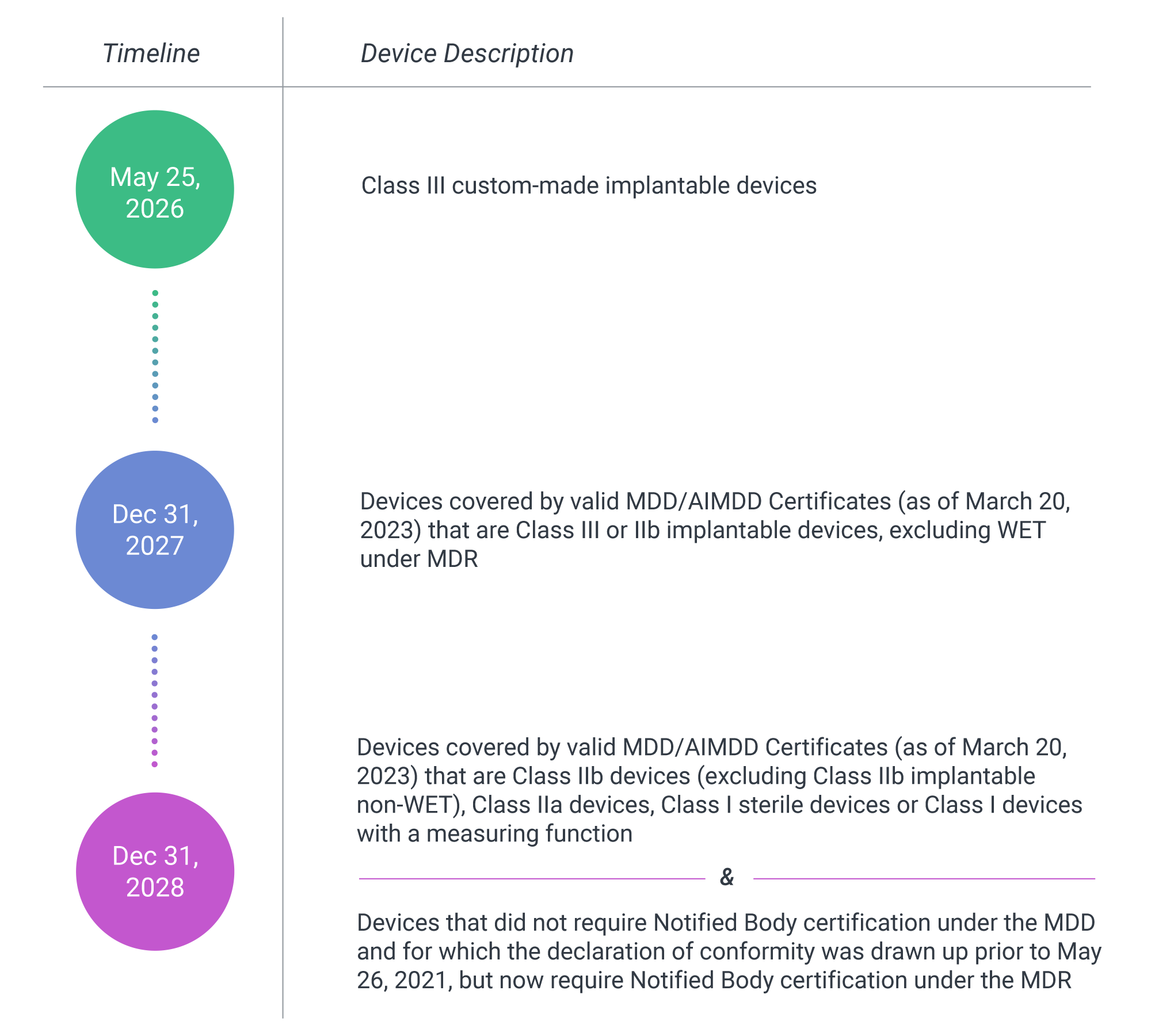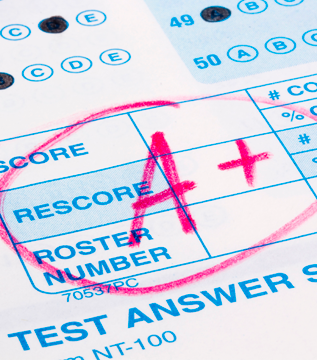
Article
NIST-Proposed Cybersecurity Guidance & Its Potential Impact to MedTech
Any medical device regulator who has worked under the EU’s MDR/IVDR knows it’s been slow at best. Challenges and continual delays from the industry, Notified Bodies (NB), the EUDAMED Database and the standards process, not to mention COVID putting a stop to inspections and audits, have resulted in a huge backlog of medical devices held up in the NB approval process. Fortunately, the European Union Commission (EC), along with Council and Parliament, have put forward legislation that aims to reduce that backlog and keep devices on the EU market.
Addressing the backlog is a big step forward. COVID restrictions constrained the NBs’ abilities to approve devices, but I feel it wasn’t the only holdup. Was there a lack of capable NBs who could execute the approvals? Are NBs worried about approving devices too quickly? Or is the biggest culprit the lack of standards to support the “state of the art” expectations set by the EC?
In addition to the backlog, a key concern for EU legislators is the number of CE-marked devices with certifications that are about to expire. As part of the new legislation, medical device manufacturers will be given additional relief in certificate expiry, assuming they have already engaged their NBs. Even better, the transition date has been delayed from a mandatory recertification by May 2024 to a staggered implementation deadline from 2027 to 2028.
The graphic below shows the new transition timelines as they apply to different categories of devices. Manufacturers must submit an MDR application by May 26, 2024, and have a signed formal written agreement with an NB by Sep 26, 2024, while meeting conditions set out in the regulation:

More than 20,000 medical devices will have a CE mark expire in the near term, so the fast track legislation and the generous extension should make the industry happy. But there’s more the EC needs to do to improve their processes to support innovation. Medical devices are continuously iterating, from minor modifications to full-blown major breakthroughs. Having to resubmit for every change only adds to the large backlog of applications.
The industry needs to work with the EC, NBs and trade associations to clear up requirements surrounding change submissions. Transparent guidance on what kind of changes need which level of resubmission will lessen the burden on NBs. The more clarity and consistency in regulations, the better it is for manufacturers, regulators and, most importantly, patients.
These timelines might seem years away, but time flies when you’re working in this industry. I recommend getting your technical files completed, responding to your NB’s questions in a timely manner and ensuring your processes are in place and your personnel are effectively trained. Take it from me – like most projects, it always takes longer than you anticipate.
More information:

Elisabeth George is an experienced leader, business executive and consultant committed to shaping and leading global organizations in continuous improvement and innovative ways of using standards and regulations, not only for compliance but also for supporting customer value. She frequently speaks at Industry and Standards Conferences where stakeholders from Regulators, Industry and Users (Clinicians & Patients) participate. She is a recent recipient of the NEMA Röntgen Award and the ANSI George S. Wham Leadership Medal recognizing her leadership and drive. She is committed to making an impact through her skills as a leader, her experience in Medical Device Regulations and Standards and her desire to be a learning partner in delivering positive business outcomes. She is presently serving on the ANSI Board of Directors.
Elisabeth has held senior leadership roles for more than 30 years, joining Haemonetics in 1989 as a Director of Quality and Regulatory to Sr. Director and Vice President of Quality and Regulatory positions with Hewlett Packard, Agilent and Philips.
At Philips she held the positions of Vice President of Quality, Regulatory, Sustainability and Product Security responsibility for two of the major product lines. She also held the position of Vice President/Head of Global Regulations and Standards and represented Philips in trade associations, regulatory body advisory panels and standards development organizations such as AdvaMed, AAMI, ANSI, NEMA, IMDRF and FDA Advisory Panels.
Elisabeth holds a Bachelors in Science, Biomedical Engineering from Boston University and a Masters Certificate in Engineering Management from Northeastern University.
Related Posts

Article
NIST-Proposed Cybersecurity Guidance & Its Potential Impact to MedTech

Article
MedTech Regulatory Expert’s Insights on FDA 2022 Report

Article
Former FDA Official Grades ‘22 MedTech Industry Predictions

Article
2023 MedTech Industry Predictions from Former FDA Official